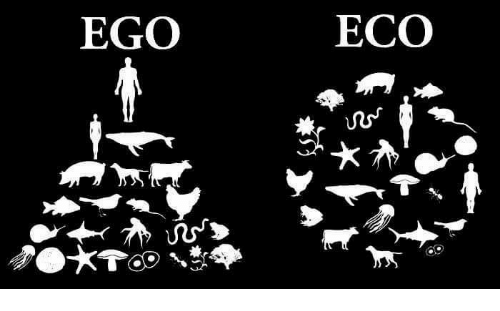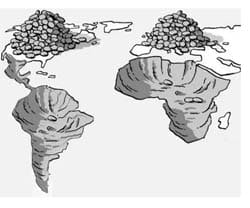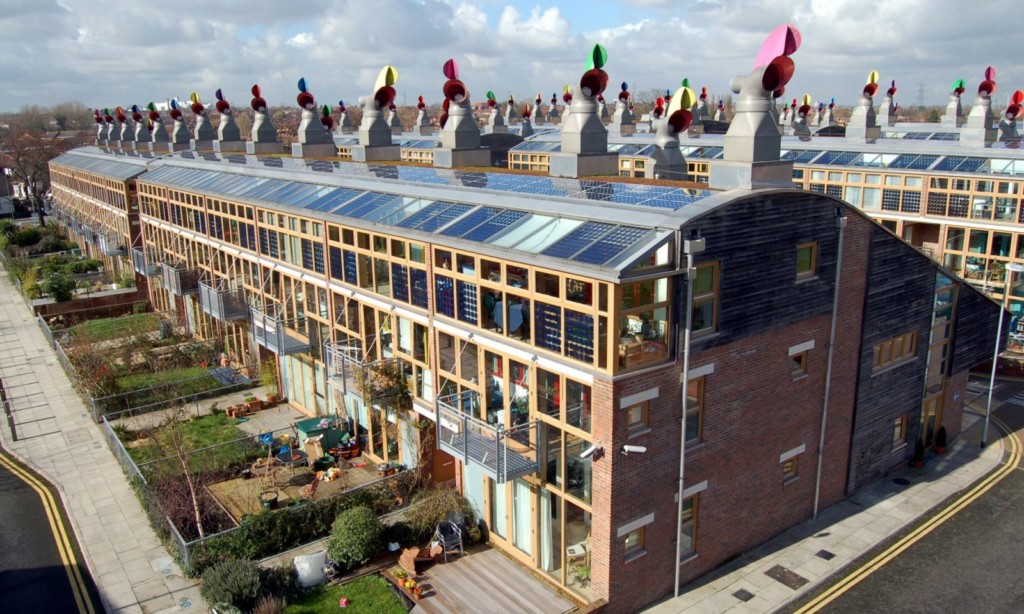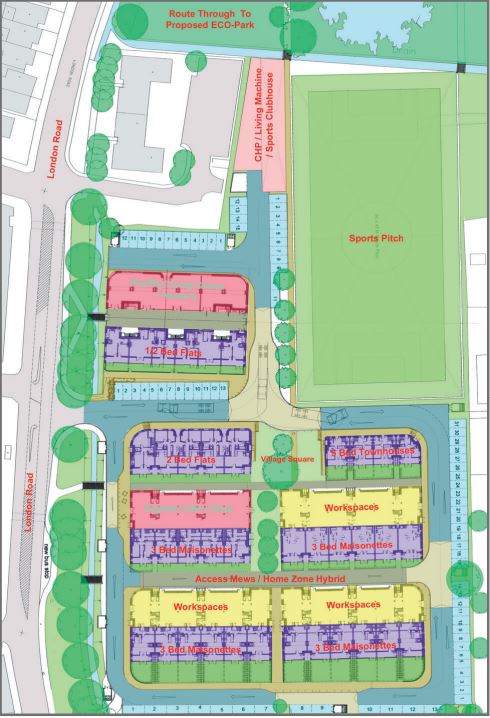Deep Ecology : Eco-Fascism or Blueprints for Earth’s Saving Grace
‘Deep Ecology; could be described as ‘Ecology for the Sake of Ecology’. A term coined by Norwegian philosopher Arne Naess, to highlight the need for addressing what in his mind is interpreted as man’s flippant approach to ecology. Naess’ description of man as ‘place corrosive’ is indicative the underpinnings of Deep Ecology as an ecosophy that seeks to distribute an equal right to life to all of nature thus eschewing humanity as the ‘crown jewel of creation’ and refuting conservation efforts made for the sake of humanity.

Christopher Chase, “Creative Systems Thinking”,2015
Do we need to alter the manner in which we view our place in a global ecology? Yes. Is Deep Ecology the singular principle needed to achieve this? Yes and No. If rolled out as a blanket policy to achieving ‘ecological Nivarna’ it would become apparent that Deep Ecology is riddled with several inadequacies one of which is ‘Eurocentricism’ .
Systemic Change
Developing nations would be hard pressed to put the needs and rights of soil bacteria and earthworms ahead of essential infrastructure projects. Radical systemic change would be needed in the global economy to equitably support the tenets of deep ecology across different contexts since the movement is currently applicable to countries that have already achieved high standards of living, whose wealth has been obtained through large scale environmental degradation and exploitation of humans and other organisms.

Jason Hickel, “How Poor Countries Finance the Rich’”, 2017
Rich countries continue their rapid growth while limiting the growth of smaller economies claiming that they are preventing future pollution, ignoring the current dire state of the environment. By no means should Bolsonaro’s archaic rhetoric on man’s right to exploit the environment or ill-advised stance that the Amazon can easily regenerate be paid heed to but in retrospect ‘’… No country in the world has the moral right to talk … You destroyed your own ecosystems.’’[1] Can western nations that have already traded in ancient forests for rolling manicured fields and cashed in on every economic benefit this has provided them, really be the loudest proponents for a deep ecological future? Especially one that would once again tip the scales of development in their favour?
Metabolic Engines
Be that as is may, when Deep Ecological principles are suggested to inform design we do emerge with a metabolic approach to building. Taking the UK’s first zero-energy project ‘Bed-ZED‘ for instance , we are see how our cities can become metabolic engines if deep ecological principles are applied.

Bio-Regional, ‘The Bed-ZED Story’, 2016
Designed by ZEDFactory Architects and completed in 2002, this mixed-use sustainable community comprised 100 homes, office space, a college and community facilities in the London borough of Sutton.

Bio-Regional, ‘The Bed-ZED Story : Site Plan’, 2016

ZEDFactory , ‘Bed-ZED Project : Section’, 2002
Not only were labour and materials sourced within a 50 mile site radius but the project was able to achieve the, in the sectors of Transportation, Energy , Water , Waste , Materials and Society, the following sustainability goals :

Solaripedia, ‘Sustainable Districts’ , 2010

Bio-Regional, ‘The Bed-ZED Story’, 2016

Arup, ‘Building Physics: Bed-ZED’ , 2002
Naess’ Adamance
It’s not hard to imagine how this project, a pioneer in its time, was awarded the 2003 RIBA Sustainability Award and has since managed to garner 7 other similar prizes. Bed-ZED is a great example into what a ‘soft landing’ into Deep Ecology would or should look like. A testament to Naess’ adamance that Deep Ecology be referred to as a platform rather than an ultimate philosophy to allow for the diversity of thought and action among different groups.

Bio-Regional, ‘The Bed-ZED Story’, 2016
What the construction industry needs to keep in mind, as it strives to advance human progress in harmony with nature, is that it is impossible to unlink colonialism from the environmental movement, when indigenous sustainable practices across the world are destroyed to fuel the industries of countries that now contribute to the highest amounts of pollution and waste.
The success of Deep Ecology requires addressing global inequalities. An intersectional definition of development is needed, integrating social and environmental development as markers of success and only then will a truly equitable and conscientious model for a greener future be derived.
[1] Phillips, Dom. 2019. “Bolsonaro Declares ‘The Amazon is Ours’ and Calls Deforestation Data ‘Lies’”. The Guardian, July 19, 2019
” Deep Ecology : Eco-Fascism or Blueprints for Earth’s Saving Grace” is a discourse and compendium of works project of IAAC, Institute for Advanced Architecture of Catalonia developed at Master in Advanced Ecological Buildings and Biocities in 2021/2022 by:
Students: Zani Gichuki| Lillian Beauttah
Faculty: Jordi Vivaldi